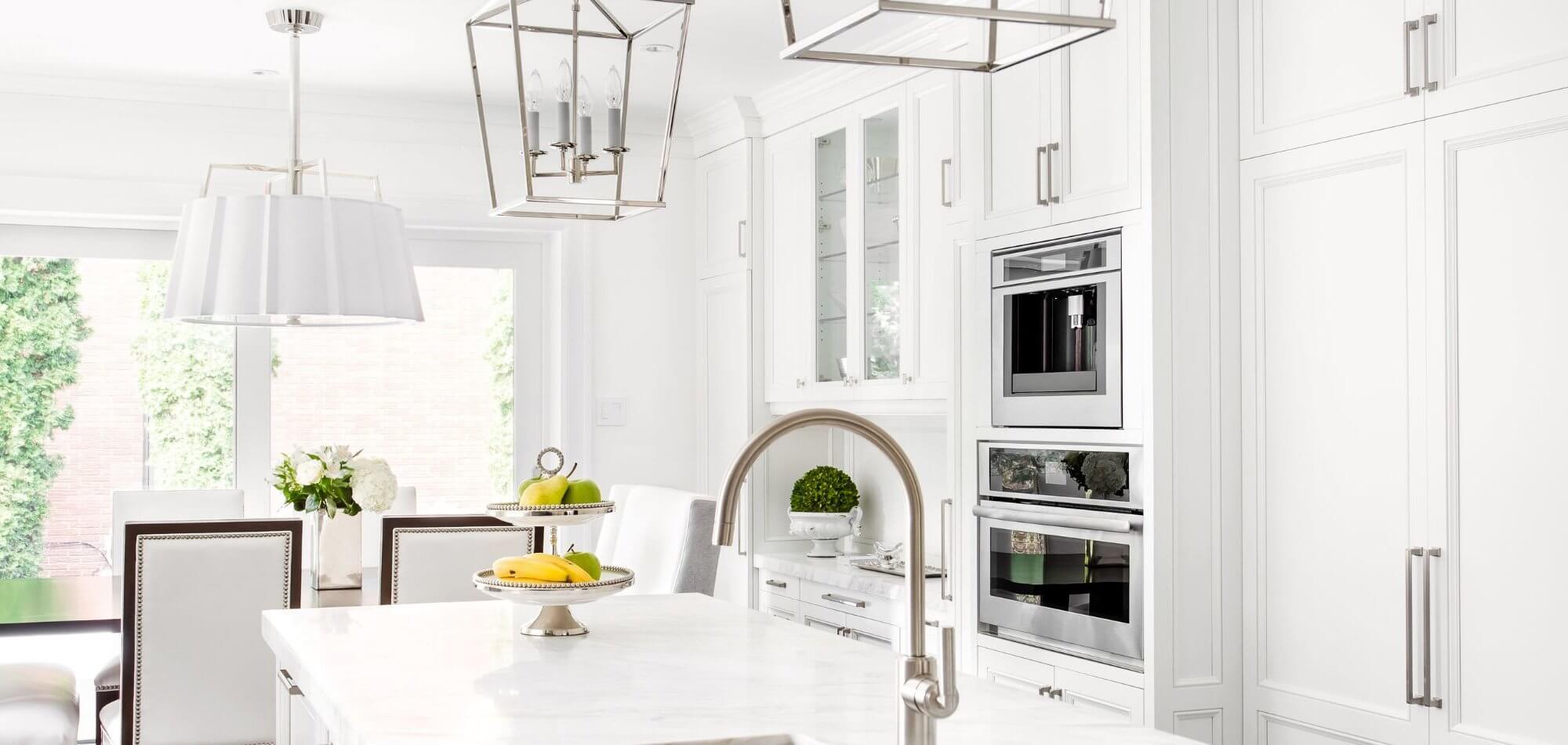Companies on the 2023 Inc. 5000 Regionals: Northeast list had an average growth rate of 450 percent.
BOSTON, MASSACHUSETTS—February 28, 2023 – Inc. magazine today revealed that Hometap is No. 10 on its third annual Inc. 5000 Regionals: Northeast list, the most prestigious ranking of the fastest-growing Northeast private companies, based in Connecticut, Massachusetts, Maine, New Hampshire, New Jersey, New York, Pennsylvania, Rhode Island, and Vermont. Born of the annual Inc. 5000 franchise, this regional list represents a unique look at the most successful companies within the Northeast economy’s most dynamic segment–its independent small businesses.
“While we’ve scaled rapidly since 2017, our focus has remained on improving the lives of homeowners, and it’s been extremely rewarding to see our positive impact,” said Jeffrey Glass, CEO of Hometap. “We’re honored to receive this recognition from Inc., as it reflects our team’s unwavering commitment to our mission as we continue to grow.”
The companies on this list show a remarkable rate of growth across all industries in the Northeast region. Between 2019 and 2021, these 169 private companies had an average growth rate of 450 percent and, in 2021 alone, they added 12,066 jobs and nearly $4.4 billion to the Northeast region’s economy. Companies based in the New York and Boston areas had the highest growth rates overall.
Complete results of the Inc. 5000 Regionals: Northeast, including company profiles and an interactive database that can be sorted by industry, metro area, and other criteria, can be found at inc.com/northeast starting February 28, 2023.
“This year’s Inc. 5000 Regional winners represent one of the most exceptional and exciting lists of America’s off-the-charts growth companies. They’re disruptors and job creators, and all delivered an outsize impact on the economy. Remember their names and follow their lead. These are the companies you’ll be hearing about for years to come,” said Scott Omelianuk, editor-in-chief of Inc. magazine.
Hometap maintained triple-digit revenue, contribution margin, and investment deployment growth for a fourth consecutive year in 2022. In 2022, Hometap continued its rapid growth and expansion, deploying hundreds of millions of dollars in capital to help homeowners, doubling its employee headcount, and launching in three new states, bringing its total state count to 18.
Contact:
Matthew Conroy
Stanton
(203) 610-1421
mconroy@stantonprm.com
More about Inc. and the Inc. 5000 Regionals
Methodology
The 2023 Inc. 5000 Regionals are ranked according to percentage revenue growth when comparing 2019 and 2021. To qualify, companies must have been founded and generating revenue by March 31, 2019. They had to be U.S.-based, privately held, for-profit, and independent—not subsidiaries or divisions of other companies—as of December 31, 2021. (Since then, a number of companies on the list have gone public or been acquired.) The minimum revenue required for 2019 is $100,000; the minimum for 2021 is $1 million. As always, Inc. reserves the right to decline applicants for subjective reasons.
About Inc. Media
The world’s most trusted business-media brand, Inc. offers entrepreneurs the knowledge, tools, connections, and community to build great companies. Its award-winning multiplatform content reaches more than 50 million people each month across a variety of channels including websites, newsletters, social media, podcasts, and print. Its prestigious Inc. 5000 list, produced every year since 1982, analyzes company data to recognize the fastest-growing privately held businesses in the United States. The global recognition that comes with inclusion in the 5000 gives the founders of the best businesses an opportunity to engage with an exclusive community of their peers and the credibility that helps them drive sales and recruit talent.
The associated Inc. 5000 Conference is part of a highly acclaimed portfolio of bespoke events produced by Inc. For more information, visit www.inc.com.
About Hometap
Hometap is on a mission to make homeownership less stressful and more accessible. Our home equity investment product provides homeowners with a fast, simple, and straightforward way to access the equity in their home without taking out a loan or having to sell. By investing alongside homeowners, Hometap offers debt-free cash in exchange for a share of their home’s future value — all without any monthly payments or interest over the life of the investment. Through a combination of financial innovation and best-in-class customer service, Hometap enables people to get more from homeownership so they can get more from life. Learn more at hometap.com.






